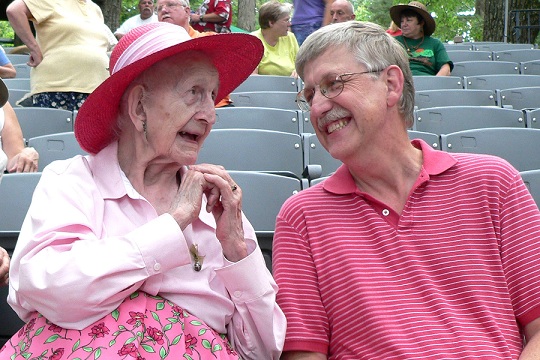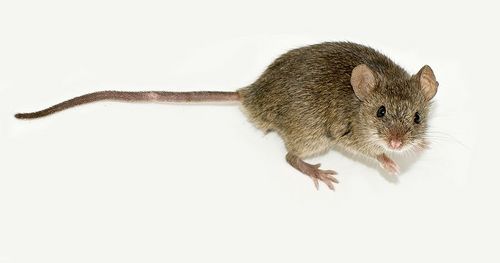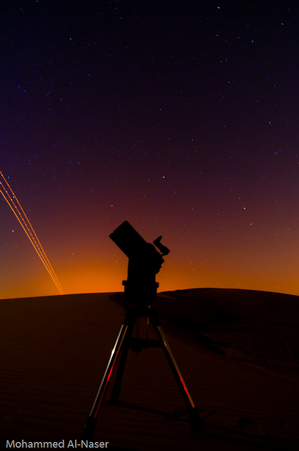
Today would have been my mother’s 100th birthday. At her
memorial service last year, family and friends sang “Will the Circle Be
Unbroken.” The verses powerfully captured the loss I felt as a grieving son,
but the chorus offered reassurance: “Will the circle be unbroken, by and by,
Lord, by and by? There’s a better home awaiting, in the sky, Lord, in the sky.”
My mother had an amazing ability to recruit others to a
shared community. Along with my teacher/scholar/director/musician dad, she
created an amazing community of theater, music and art in Virginia’s Shenandoah
Valley. Being included meant being inspired to do more than you
dreamed that you could. It meant being welcomed right away and given an
important task. “Where community is real, there is communion,” mother wrote in
an essay. “Good things can happen. People talk to each other … There is zest. There
is laughter. There is even compassion.”
As I reflect on her legacy, I wonder how we could put those
same principles to work in encouraging a new and vibrant community dedicated to
finding the truth in both science and faith. The shrill voices at the poles of
the science and faith discussion that claim the scientific and spiritual
worldviews are incompatible have their own organized communities. But what about
the vast majority that seeks a third way? What about the people who are
convinced that science is a reliable way to understand the natural world, but
who also seek answers through faith to more profound questions about the
meaning of life and the existence of God?
There are encouraging signs that people who trust both God
and science are beginning to create such a community. In the United Kingdom,
molecular biologist Denis Alexander, biophysicist Alister McGrath and the Rev. John
Polkinghorne, a particle physicist, are turning out marvelously thought provoking
reflections on science and faith. In North America, astronomer Owen Gingerich, Denis
Lamoureux,professor of science and religion at St. Joseph’s College in the University of Alberta, and biologists Kenneth Miller and Jeff Schloss are doing the same. And in November, The BioLogos Foundation will bring together scientists, theologians and pastors to pave the way for a science-informed theology that celebrates God’s goodness and creative power and to develop a more cohesive
strategy to explore this “third way.”
These are just initial efforts to help catalyze a community devoted to seeking
harmony in science and faith. We’d love to hear any ideas that could help in
building this community and welcome discussion in the comments section below.
My mother detailed her own struggles to merge her love for the artistic world, her dedication to reason and her intimations of the spirit in her journal. “To believe in God”, she wrote, “is not to comfort your soul with an easy immortality, nor to put aside
the world of the flesh, but to understand that in God’s eyes life or death is
of little consequence.” For a time she was deeply troubled by this realization.
“And I closed the door and went away awhile, pretending I hadn’t seen. And I
went another way, in another direction, running — but soon running toward not away — toward other annunciations, other journeys, other adorations. Only a few days ago, I find I have come upon the closed door from another direction, and the door is open, and there is nothing to fear.”
Dr. Francis Collins is former director of the Human Genome Project and founder and president of The BioLogos Foundation.

